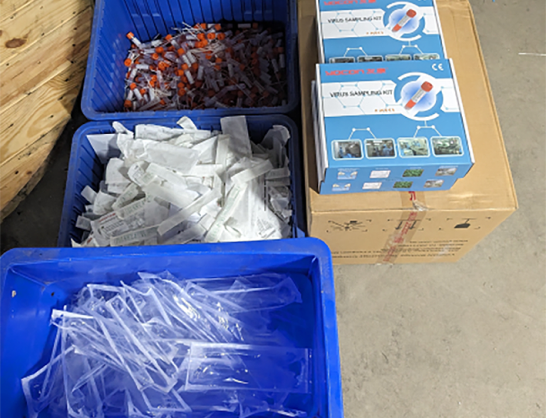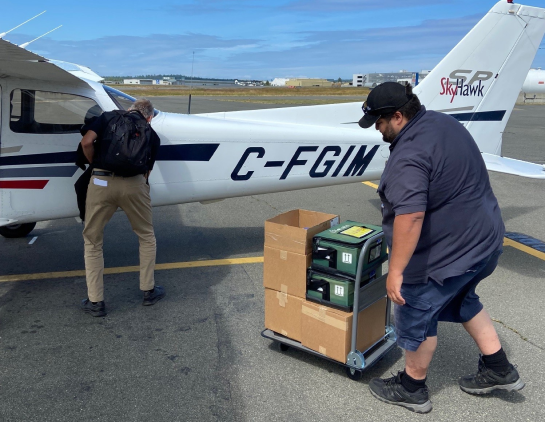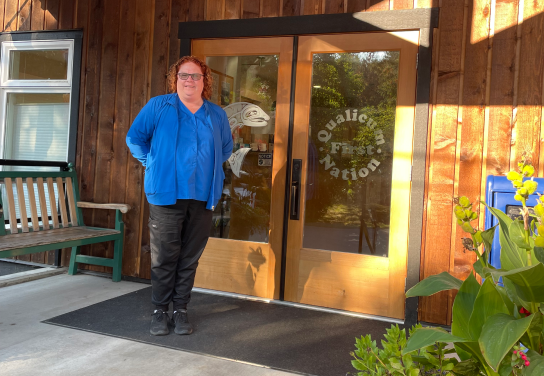Caring for the environment through sustainable practices
LifeLabs takes great pride in our commitment to sustainability. We understand that waste and pollution have a direct impact on the health of our ecosystem and the people who live within it.
In the last decade, LifeLabs has invested in programs and tools that have significantly reduced our environmental footprint. Team members have been the catalyst for many of these programs and all employees have embraced them. In December of 2023, LifeLabs formed the “Sustainability Squad” – a national group that meets once a month to discuss sustainability trends, issues, initiatives and ideas within the organization. The team is comprised of 19 individuals from multidisciplinary departments within LifeLabs including: Employee Health & Safety, Logistics, Government Relations, Quality & Regulatory Affairs, Client Services, LabOps, Operational Excellence and Transformation, Communications, Specimen Management, Facilities and Procurement.
Our partnership with Spud.ca, a sustainable online grocery service, is a great example of an employee-led initiative. Every week our British Columbia laboratories give approximately 300 cold packs, used to transport test specimens, to Spud. Spud sanitizes, inspects and reuses them to package groceries for delivery, resulting in 12 tons (15,000 cold packs) less waste going to the landfill each year. LifeLabs also employs a special system to treat six million litres of water used in labs so that it can be returned safely to municipal systems. By streamlining biohazardous waste pickups, we’ve reduced the amount of driving required to manage this waste by 50,000 kilometres per year, which also reduces emissions. Plus, we expanded our tracking of environmental metrics (electricity, water consumption, energy consumption, waste generation, travel, etc.) and their associated Green House Gas emissions, to cover our national operations. We now monitor this for our 384 Patient Service Centres (PSCs), and 14 of our labs. LifeLabs also recycles batteries, offsets its carbon footprint by planting trees, and throughout the year we replaced select lab lighting with high-efficiency LED panels reducing both electrical costs and greenhouse gas emissions.
 BACK TO HOME
BACK TO HOME











